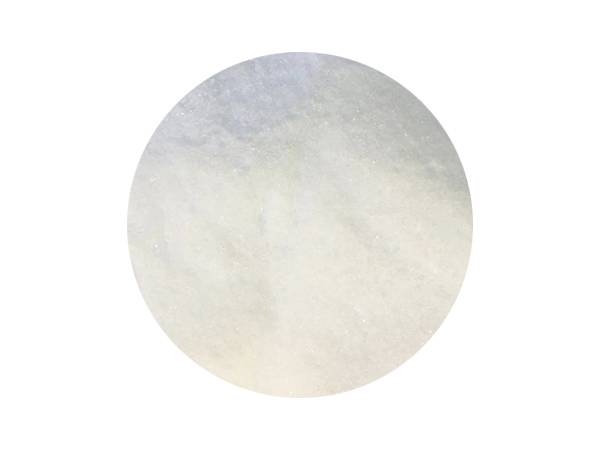



caustic soda pearls msds
Understanding the Safety Data Sheet (SDS) for Caustic Soda Pearls
Caustic soda pearls, also known as sodium hydroxide (NaOH), are highly versatile and essential in various industries, including manufacturing, water treatment, and cleaning solutions. However, due to their highly caustic nature, handling these substances requires careful attention to safety protocols. A critical document for anyone dealing with caustic soda pearls is the Material Safety Data Sheet (MSDS), now commonly referred to as the Safety Data Sheet (SDS). This article explores the key aspects of the SDS for caustic soda pearls, underscoring its importance in maintaining workplace safety.
What is an SDS?
The Safety Data Sheet is a detailed document that provides crucial information about a chemical substance's properties, hazards, handling, storage, and emergency measures. The SDS for caustic soda pearls outlines various critical sections, including identification, hazard identification, composition, first-aid measures, firefighting measures, accidental release measures, handling and storage, and exposure controls and personal protection.
Identification Section
This section describes the chemical's identity—its name, synonyms, and relevant contact information for manufacturers or suppliers. For caustic soda pearls, identifying the chemical correctly is vital, as it aids in recognizing its potential hazards.
Hazard Identification
Caustic soda pearls are classified as a corrosive substance, posing significant risks to human health and the environment. The SDS details the primary hazards, such as severe skin burns, eye damage, and respiratory issues. Understanding these hazards helps ensure proper protective measures are employed when handling the substance.
Composition/Information on Ingredients
This part of the SDS presents the chemical's composition, including its concentration and any impurities. For caustic soda pearls, it typically consists predominantly of sodium hydroxide, with trace amounts of water or other substances. This transparency is essential for risk assessments and regulatory compliance.
First-Aid Measures
caustic soda pearls msds

In the event of exposure to caustic soda pearls, immediate action can significantly mitigate health risks. The SDS outlines appropriate first-aid measures, emphasizing the importance of rinsing affected areas with water to prevent further chemical burns. It instructs individuals on signs of exposure, such as redness, irritation, or pain, and encourages seeking medical attention in severe cases.
Firefighting Measures
While caustic soda pearls are not combustible, the SDS provides information on how to react in case of fire surrounding the chemical. This section typically recommends using water to cool containers and indicates the appropriate fire extinguishing media. Maintaining awareness of such procedures is vital in minimizing risks during emergencies.
Accidental Release Measures
In the event of a spill or leak, the SDS outlines necessary precautions and procedures. It emphasizes the importance of protecting personnel via PPE (Personal Protective Equipment) and ensuring environmental safety. Neutralizing agents and specifics on containment methods are also addressed to facilitate effective cleanup.
Handling and Storage
This section delineates the safe handling practices for caustic soda pearls. Key recommendations include wearing protective gloves and goggles, ensuring proper ventilation, and avoiding incompatible materials such as acids. Furthermore, it instructs on appropriate storage conditions, such as keeping the chemical in a cool, dry place away from moisture and other reactive substances.
Exposure Controls and Personal Protection
The SDS discusses the importance of exposure limits set by regulatory bodies. It outlines the necessary protective equipment, including gloves, goggles, and respiratory protection, to be used during handling. Regular monitoring and training on safety practices are essential to minimize risks.
Conclusion
The Safety Data Sheet for caustic soda pearls is a vital tool for anyone working with this substance. It provides a comprehensive guide to ensure safe handling, emergency response, and compliance with regulations. Understanding and utilizing the information provided in the SDS is crucial to protecting health, safety, and the environment. By adhering to the guidelines contained within the SDS, individuals and organizations can effectively manage the inherent risks associated with caustic soda pearls, fostering a safer working environment.
-
Why Sodium Persulfate Is Everywhere NowNewsJul.07,2025
-
Why Polyacrylamide Is in High DemandNewsJul.07,2025
-
Understanding Paint Chemicals and Their ApplicationsNewsJul.07,2025
-
Smart Use Of Mining ChemicalsNewsJul.07,2025
-
Practical Uses of Potassium MonopersulfateNewsJul.07,2025
-
Agrochemicals In Real FarmingNewsJul.07,2025
-
Sodium Chlorite Hot UsesNewsJul.01,2025










